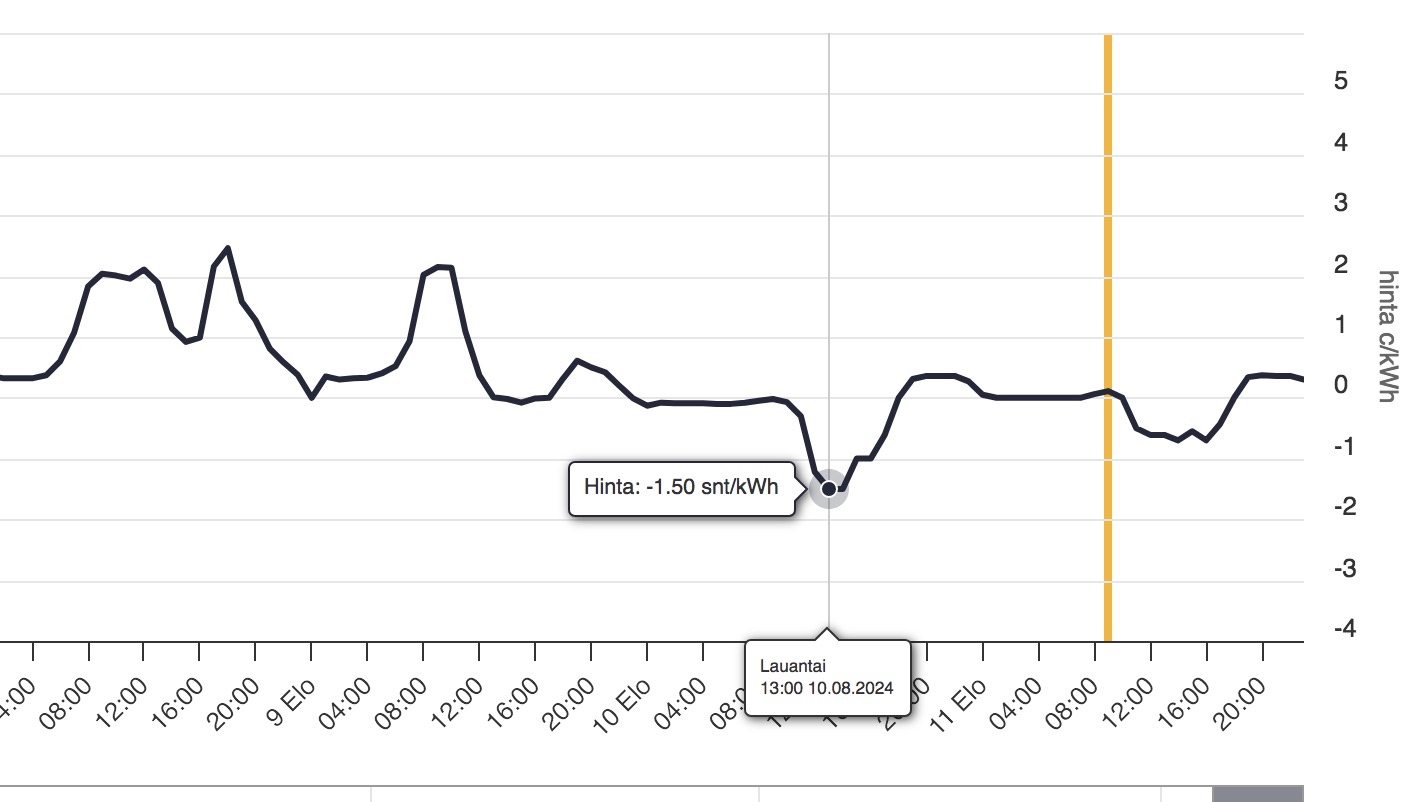this post was submitted on 11 Aug 2024
861 points (99.1% liked)
Mildly Interesting
22446 readers
241 users here now
This is for strictly mildly interesting material. If it's too interesting, it doesn't belong. If it's not interesting, it doesn't belong.
This is obviously an objective criteria, so the mods are always right. Or maybe mildly right? Ahh.. what do we know?
Just post some stuff and don't spam.
founded 2 years ago
MODERATORS
you are viewing a single comment's thread
view the rest of the comments
view the rest of the comments

You missed the point entirely. Finland has little to none solar energy. They have only wind and water energy. Same with most Nordic, Baltic and northern Poland. There is not enough solar energy provided by sun to make it affordable ( whole life cycle including utilization costs )
I live in Finland. Can confirm we have solar energy. It's extremely useful considering that in the summer we have near 24 hours of sunlight.
And in winter reverse. How much do you get from solar during the summer season ( north region or close to polar circle) ?
By not putting the solar farms in Rovaniemi?
They're in Uusimaa region, which still gets some sunlight in winter. Either way, they produce massive amounts of energy in the Summer, and in the winter we use the nuclear reactors more.
Typical per capita electricity consumption in developed economies is 6–12 megawatt-hours (MWh) per person [4]. This may double to around 20 MWh per capita [5] to accommodate electrification of most energy functions.
The power and area of solar panels required to supply 20 MWh of electricity per capita per annum are 14 kilowatts (kW) and 70 m2, respectively, assuming an average capacity factor of 16% [7] and an array solar conversion efficiency of 20%.
For ten billion people, this amounts to 140 TW and 0.7 million km2, respectively. This can be compared with the global land surface area of 150 million km2 and the area devoted to agriculture of 50 million km2 [8].
The simple calculation above shows that the world has sufficient land area to provide energy from solar PV for ten billion affluent people.
https://www.mdpi.com/2673-9941/3/3/23
TL; DR; full solar electrification with current technology for 10 billion affluent people is possible if we dedicated less than 2% of the real estate currently in use by global agriculture to electricity production